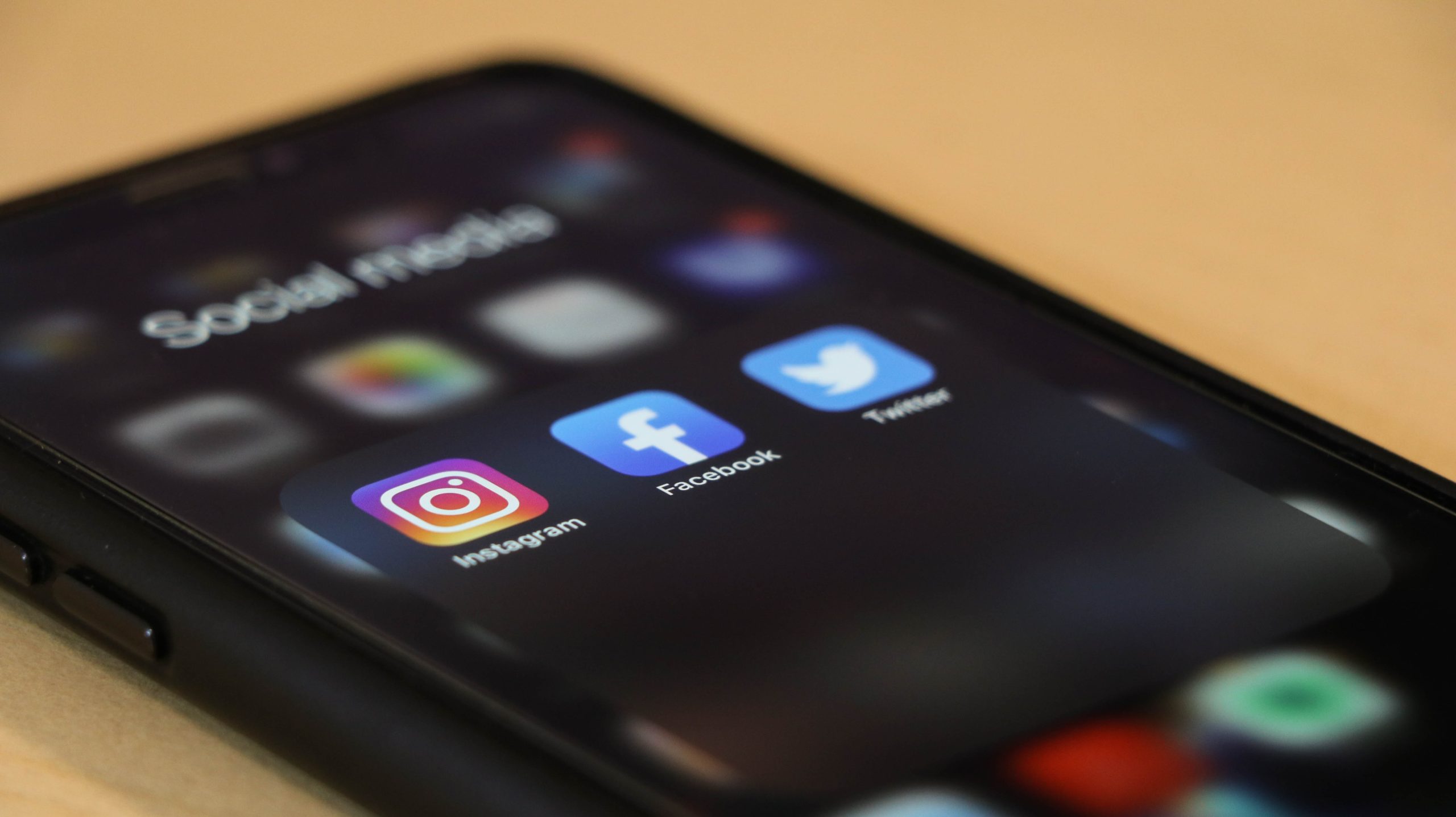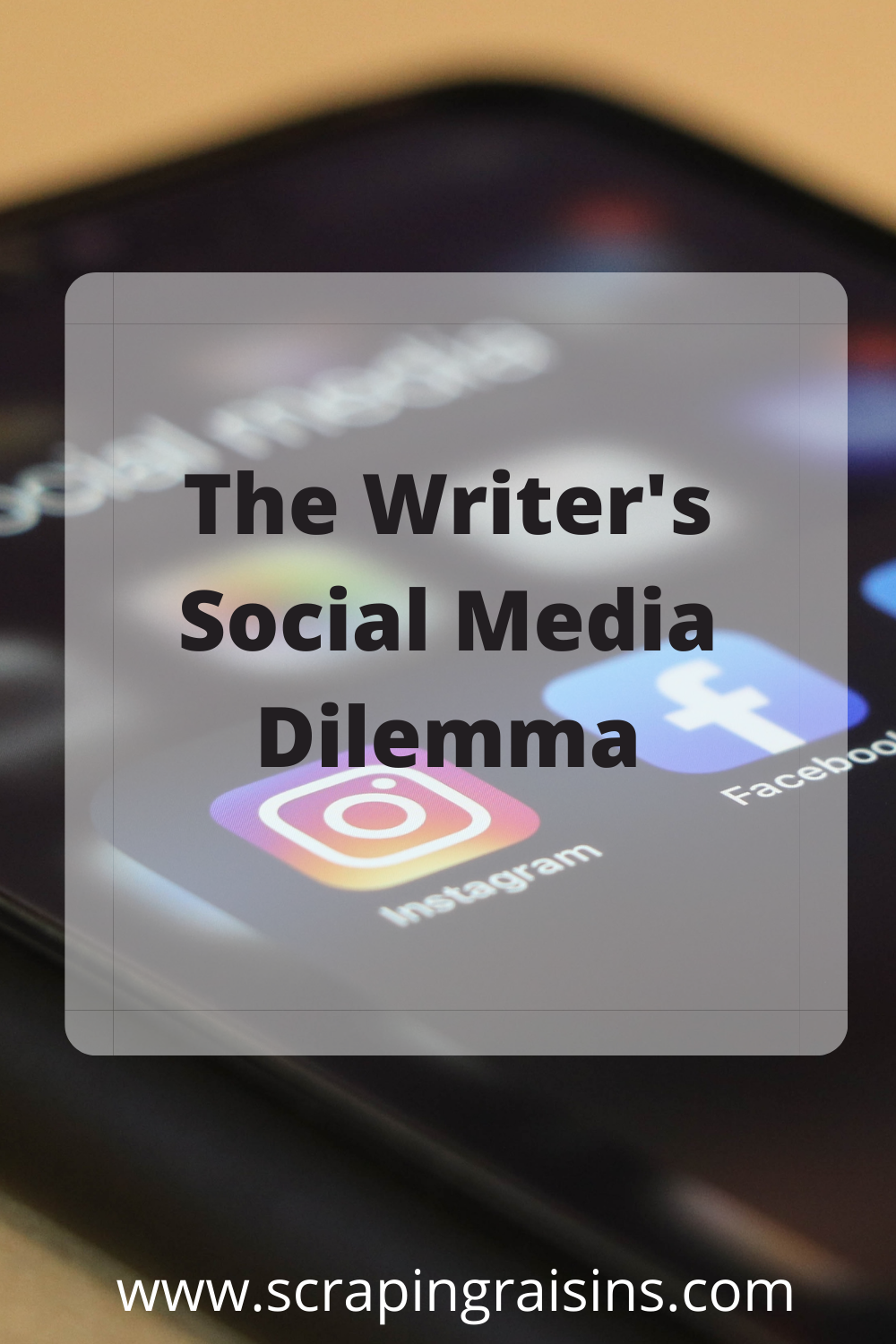
Like most people, I have a stormy relationship with social media. Because of social media, I’ve connected with like-minded strangers I never would have met before. I’ve had ways to publish my writing that I wouldn’t have had during pre-internet days when the publishing gates were staunchly guarded. And I’ve bonded and bled online with people when real-life humans were hard to find.
But I know social media scratches and pecks at my soul. Lately, I’ve been suffering from a kind of social media Tourettes Syndrome where I find myself blurting out thoughts about people in my head that I’d never say aloud. What if I typed my first thoughts? Have you ever been in a completely quiet room and had the urge to scream as loud as you can? Or stood on a balcony and had the fear that you might suddenly lose your mind and leap the railing to soar through the air? Sometimes I’m afraid I’ll type the first thing that comes to mind when I’m on social media. And the first thing that comes to mind isn’t usually loving, neighborly, or kind. This is a signal that something isn’t well with my soul. It doesn’t elicit greater kindness, compassion, or love, but usually triggers the opposite.
My kids are still not old enough to have phones (which, of course, is debatable), but I’m dreading the future for them—and for me as their parent. Modern technology vies for our time and attention in seductive and subtle ways. I personally struggle with this addiction as a grown woman and have tried fasting or detoxing from social media during different times. Each time has been illuminating. Each time, I wished I didn’t have to check social media so often.
I mainly use social media for my work (at least that’s what I tell myself). I’m a freelance writer. As a writer and author, I’m told I must “build my platform.” Most publishers will not take a chance on a writer without a certain number of followers on the various social media platforms. Every job has a list of undesirable tasks a person must do if they want to continue in the job. The writer Elizabeth Gilbert calls these types of tasks eating the “s*** sandwich.” My actor husband said he and his actor friends often talked about putting on the waders to wade through the s***. But does the requirement to rack up followers and develop a brand and persona on social media strip down the soul of the artist beyond recognition? What’s the opportunity cost of bleeding out on social media?
Before I wrote publicly, I was a social media ghost. I rarely posted online or engaged at all. In fact, when I ran into friends I hadn’t seen for a long time and mentioned something they had posted on social media, they looked shocked that I knew that tidbit about them because I had never “liked” or commented on any of their posts. From then on, I began at least “liking” posts to counter my previous status as a social media voyeur. But when I started a blog five years ago, I had to not just creep out from under the social media rock, but scramble up—naked—and repeatedly ask people to listen to me. This is what “building a platform” felt like initially—mostly humiliating and very out of character for a person who values privacy and despises showiness.
My husband and I folded three small mountains of laundry last night as we started to watch the Netflix documentary The Social Dilemma the internet is buzzing about these days. We’ve both done some homework already on this issue, so we found it a bit cheesy and overwrought (the dramatizations especially). I found Cal Newport’s book, Digital Minimalism, to be much more insightful and highly recommend reading or listening to it. But I suppose that for those who are new to this, watching the documentary might be a good entry point for more discussion.
Let’s say we don’t want to delete every social media account or stop using the internet–how can we step onto our small or large platforms with integrity and intact souls?
We start by acknowledging we are weak. We also accept that experts developed these tools to manipulate our (natural and good) human need for connection, affirmation, and pleasure. Because of this, it helps to intentionally set strict personal boundaries for ourselves and our children.
Will we take our phones with us: to the bathroom, to bed, to the dinner table, to the meeting, on our dates, to the play date, to school, to our friend’s house, to our cars while driving, or while we exercise? Why or why not? For what purpose?
Ideally, how much time would we like to be spending on each social media platform or website? What’s the inherent value of each one? (Cal Newport goes more into this as a measure of how we decide where we spend our time.)
Are there any times of day when we’re not accessible to others? When are those times? What might be the benefit of this?
I don’t have all this figured out. This a conflict I deal with on a daily basis, whether realized or not. But for those of us who identify as “creatives,” it’s worth reflecting and wrestling with these questions, mainly because of the way our souls and creativity may wither under the weight.
Although the poet and writer May Sarton lived before the age of social media, she had the same complicated questions about success and achievement as a writer. In Journal of a Solitude, she wrote,
“I have become convinced since that horrible review … that I have been overconcerned with the materialistic aspects of bringing out this novel, the dangerous hope that it become a bestseller, or that for once; I might get a leg up from the critics, the establishment, and not have once more to see the work itself stand alone and make its way, heart by heart, as it is discovered by a few people with all the excitement of a person who finds a wildflower in the woods that he has discovered on his own. From my isolation to the isolation of someone somewhere who will find my work there is a true communion. It is free of ‘ambition’ .. This is what I can hope for and I hope for nothing more or less.” (p. 67-68)
As writers, we want our stories to find readers. We write from our own isolation to the isolation of someone else in hope that we won’t feel so alone. Social media can provide communion and connection, so we can’t say it’s entirely evil. But we’re naïve to believe social media has our best interests in mind. The question is: how can we stop being manipulated and instead use social media to invite wonder and connection, love and compassion? This may be impossible, but I’m hoping that with the proper guards in place, social media can connect more readers–even if it’s just one–to writing that illuminates their own souls.

*Contains Amazon affiliate links
